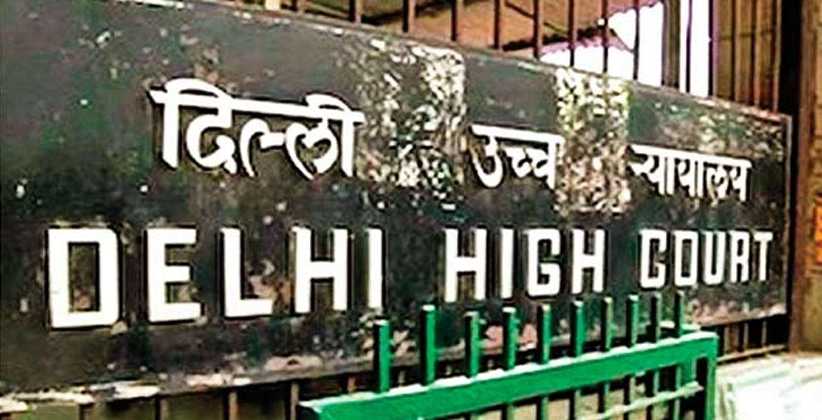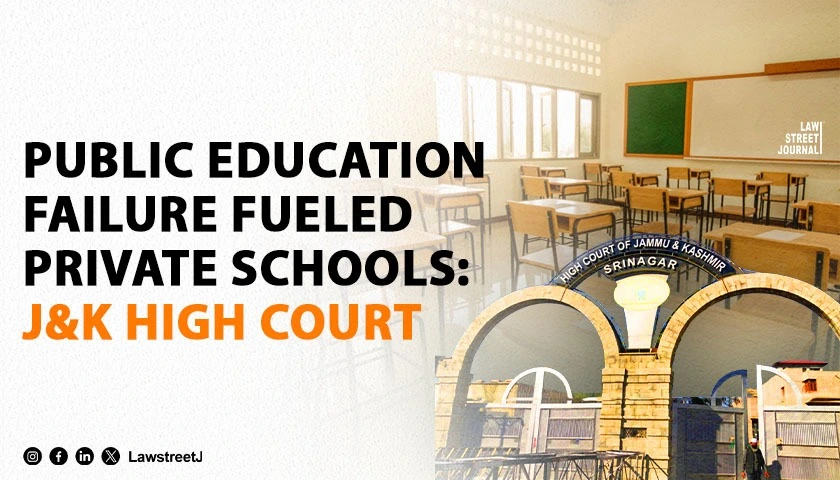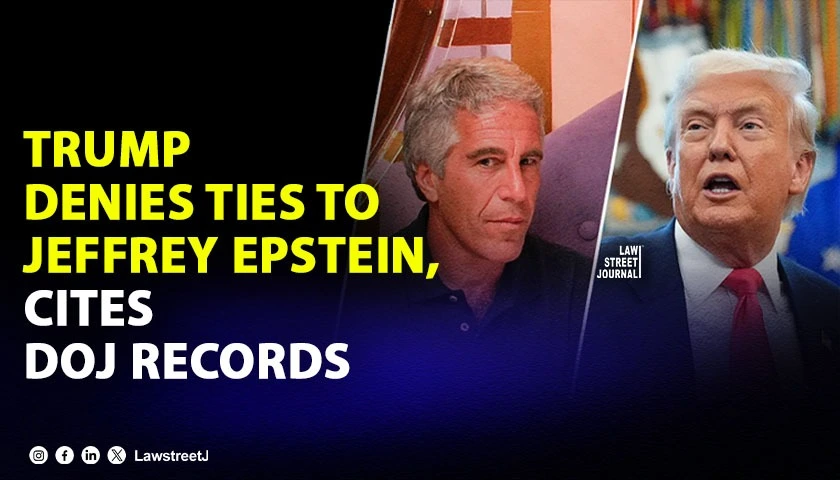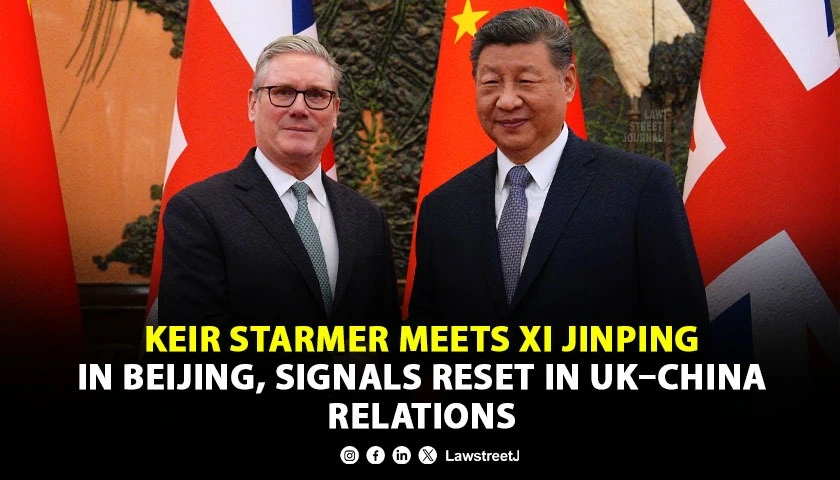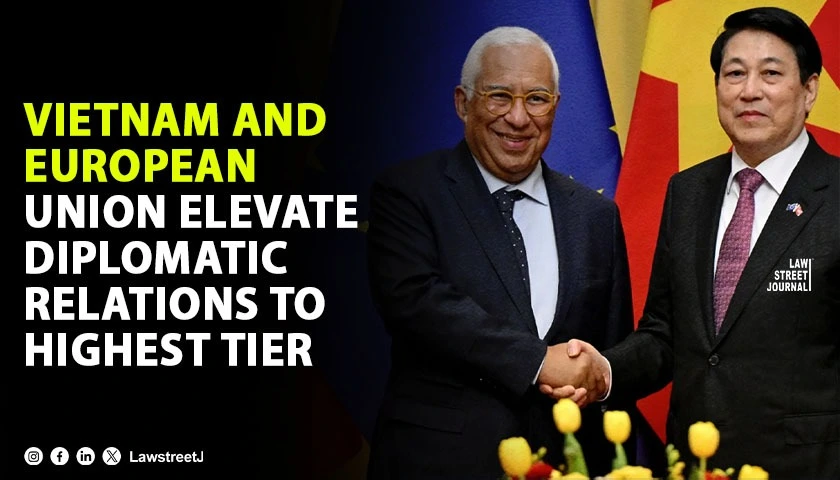On May 20, 2020, a Single Judge Bench of Justice Vibhu Bakhru in the matter of Monsanto Holdings Pvt. Ltd. and Ors v. Competition Commission of India and Ors. rejected the plea of the biotechnology giant, Monsanto to quash initiation of CCI probe against it in connection with its sub-licensing agreement for Bollgard-I and Bollgard-II Bt cotton technologies.
The judgment stated that a patentee was not free to include onerous conditions under the guise of protecting its rights under Section 3(5) of the Competition Act, 2002.
Background of the case:
Monsanto Holdings Pvt. Ltd. (MHPL), Monsanto Company (Monsanto) and Mahyco Monsanto Biotech (India) Pvt. Ltd. (MMBL) had challenged a common order (impugned order) passed by the Competition Commission of India (CCI) under section 26(1) of the Competition Act, whereby the CCI had directed the Director General (DG) to investigate the activities of the petitioners of the present case. The said companies are collectively referred to as the petitioners.
The CCI had passed the impugned order under Section 26 (1) of the Competition Act in reference to two cases. One case was instituted pursuant to a reference made by the Department of Agriculture, Cooperation and Farmers Welfare, Ministry of Agriculture and Farmers Welfare, Government of India (MOA&FW) under section19(1)(b) of the Competition Act against the petitioners by alleging a contravention of provisions of Sections 3 and 4 of the Competition Act. Another case was instituted pursuant to information filed under Section 19(1)(a) of the Competition Act by Nuziveedu Seeds Ltd. (NSL), Prabhat Agri Biotech Ltd. (PABL) and Pravardhan Seeds Pvt. Ltd. (PSPL). The said companies are collectively referred to as the Informants.
The controversy, essentially, relates to the trait fee charged by MMBL and the other terms and conditions imposed by it for using the technology for manufacturing Bt. Cotton Seeds. Monsanto is a company engaged in developing and commercializing technology for producing genetically modified seeds. It was the first company to develop and commercialize Bt. Cotton Technology (Bollgard-I). The technology is aimed at genetically modifying hybrid seeds to instill a particular trait resistance to bollworms. After single-gene technology, it developed second-generation cotton technology, which consists of two genes that makes it resistant to bollworms (Bollgard-II). Bollgard -II technology is patented under the Patents Act, 1970, and Monsanto had licensed it to MMBL.
MMBL had, in turn, sub-licensed the technology licensed by Monsanto to various seed manufacturers in India including the Informants. Consideration for sub-licensing was in two parts. The first was a non-refundable fee, which was required to be paid upfront. The second part was a recurring fee (trait value) which was determined on the basis of the Maximum Retail Price (MRP) fixed for Bt. Cotton Seeds. The fees/royalty charged by MMBL from the Informants had been a subject matter of disputes between them.
When MMBL issued termination notices to informants terminating the sub-licenses on the ground that they had failed to pay the trait value for the technologies sub-licensed to them the informants (NSL, PABL, and PSPL) had filed Information under section 19(1)(a) of the Competition Act before CCI alleging contravention of the Competition Act.
They had alleged that there was no substitute for Bt. Technology and given the Bollworm resistant characteristics of Bt. Cotton Seeds, there was a surge in demand for such seeds. They had claimed that more than 99% of the total cotton cultivation in India is done using Bt. Cotton Hybrid Seeds and forty-nine major cotton seed manufacturers are using Bt. Technology sub-licensed by MMBL. They also claimed before CCI that MMBL and Monsanto Group are dominant undertakings in the upstream market of licensing of Bt. Cotton Technology to seed manufacturers. Their main contention before the CCI was that MMBL and its other group companies had violated Section 4(2) of the Competition Act as they were abusing their dominant position by charging excessive and unfair prices for Bt. Technology. They had further alleged that MMBL had imposed unfair conditions in the sub-license agreement(s) and the same had resulted in the violation of Section 4(2)(a)(i) of the Competition Act. In essence, their main contention was that MMBL has virtually eliminated all potential competition for its technology by incorporating restrictive and unfair conditions in the sub-license agreements.
The CCI had found merit in the arguments of informants and had passed the impugned order under section 26(1) of the Competition Act directing the DG to investigate the matter.
Challenging this order of CCI, Monsanto had submitted before the Delhi HC that CCI didnt have jurisdiction to pass such order as it was the matter related to Patents Act. Rejecting this argument of Monsanto, the Court relying on Section 62 of the Competition Act held that the Competition Act would be in addition to and not in derogation of the provisions of any other law for the time being in force.
Ultimately the Court held that it has no reason to interfere with the impugned order of CCI and order passed by the CCI under Section 26(1) of the Competition Act is an administrative order and, therefore, unless it is found that the same is arbitrary, unreasonable and fails the Wednesbury test, no interference would be warranted. A review on merits is impermissible at this stage.

